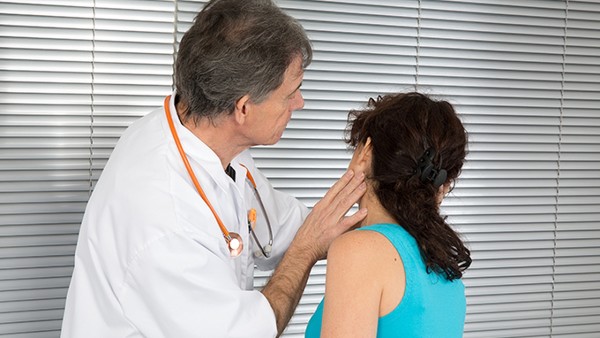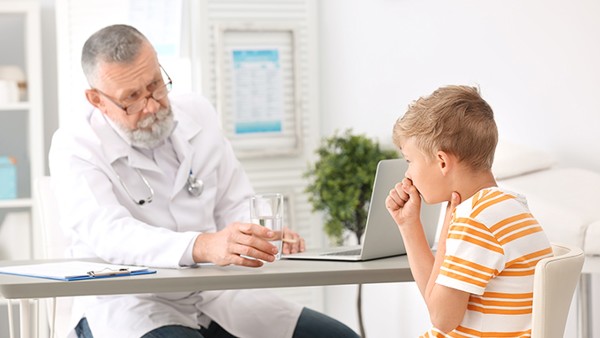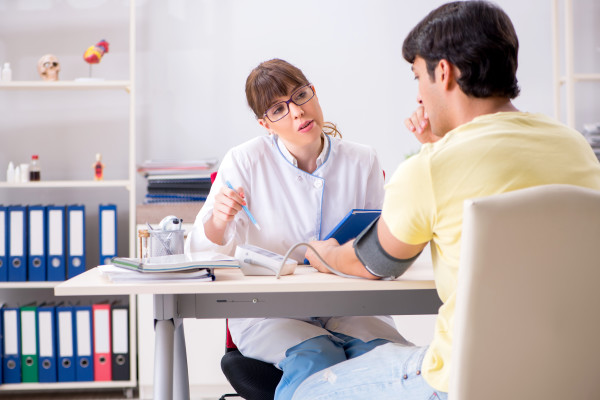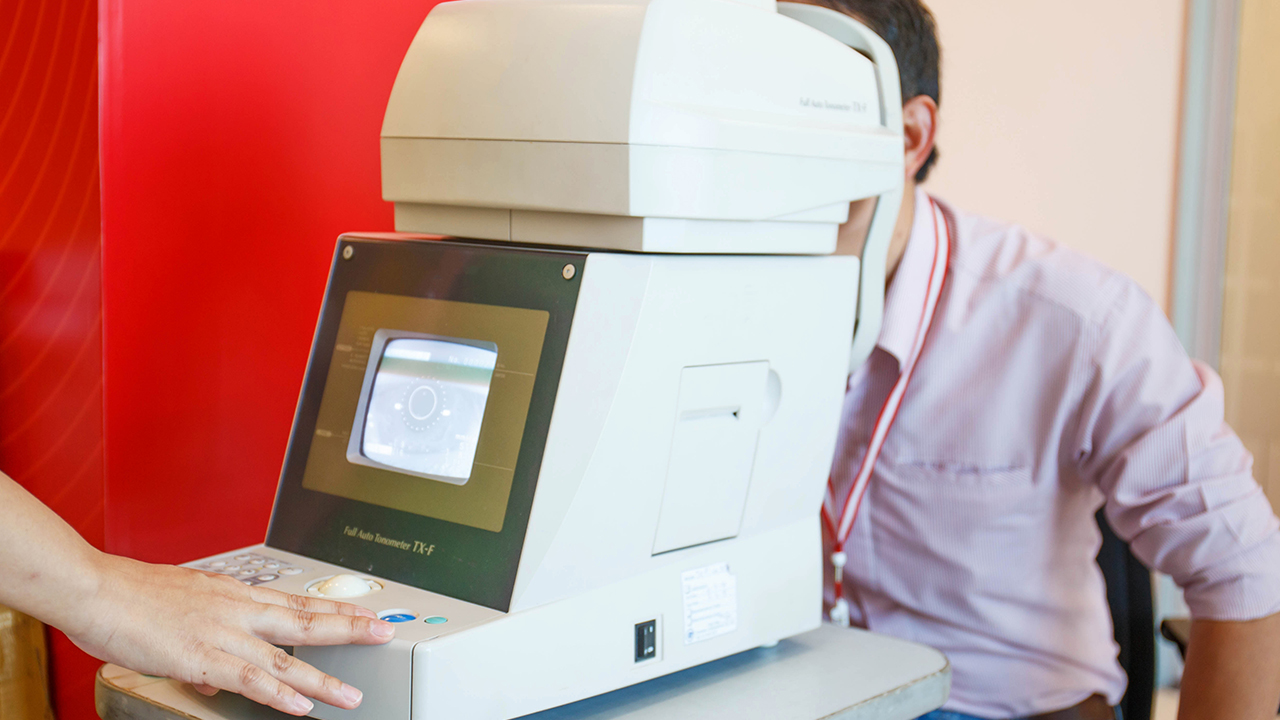How to Treat Vulvar Dryness in Women

Vulvar dryness is a common problem that can affect women of all ages. It can cause a variety of symptoms, including itching, burning, irritation, and pain. In some cases, vulvar dryness can also lead to sexual problems, such as pain during intercourse.
There are a number of different causes of vulvar dryness, including:
Menopause: Estrogen levels decline during menopause, which can lead to a decrease in vaginal lubrication.
Childbirth: Hormonal changes during and after childbirth can also lead to vulvar dryness.
Breastfeeding: Prolactin levels are high during breastfeeding, which can also decrease vaginal lubrication.
Certain medications: Some medications, such as antidepressants and antihistamines, can also cause vulvar dryness.
Medical conditions: Certain medical conditions, such as diabetes and thyroid disease, can also lead to vulvar dryness.
There are a number of different ways to treat vulvar dryness, depending on the underlying cause. Some common treatments include:
Hormone therapy: Estrogen therapy can help to increase vaginal lubrication and relieve symptoms of vulvar dryness.
Vaginal moisturizers: Vaginal moisturizers can help to lubricate the vagina and reduce symptoms of vulvar dryness.
Vaginal lubricants: Vaginal lubricants can help to provide lubrication during sexual intercourse and reduce pain.
Lifestyle changes: Certain lifestyle changes, such as avoiding harsh soaps and detergents and wearing cotton underwear, can also help to reduce vulvar dryness.
Vulvar Dryness: Causes and Treatment
Vulvar dryness is a common problem that can affect women of all ages. It is caused by a decrease in the production of vaginal lubrication, which can lead to a variety of symptoms, including itching, burning, irritation, and pain. In some cases, vulvar dryness can also lead to sexual problems, such as pain during intercourse.
There are a number of different causes of vulvar dryness, including:
Menopause: Estrogen levels decline during menopause, which can lead to a decrease in vaginal lubrication.
Childbirth: Hormonal changes during and after childbirth can also lead to vulvar dryness.
Breastfeeding: Prolactin levels are high during breastfeeding, which can also decrease vaginal lubrication.
Certain medications: Some medications, such as antidepressants and antihistamines, can also cause vulvar dryness.
Medical conditions: Certain medical conditions, such as diabetes and thyroid disease, can also lead to vulvar dryness.
Treatment for Vulvar Dryness
There are a number of different ways to treat vulvar dryness, depending on the underlying cause. Some common treatments include:
Hormone therapy: Estrogen therapy can help to increase vaginal lubrication and relieve symptoms of vulvar dryness.
Vaginal moisturizers: Vaginal moisturizers can help to lubricate the vagina and reduce symptoms of vulvar dryness.
Vaginal lubricants: Vaginal lubricants can help to provide lubrication during sexual intercourse and reduce pain.
Lifestyle changes: Certain lifestyle changes, such as avoiding harsh soaps and detergents and wearing cotton underwear, can also help to reduce vulvar dryness.
When to See a Doctor
It is important to see a doctor if you are experiencing vulvar dryness. Your doctor can help to diagnose the underlying cause of your symptoms and recommend the best course of treatment.
Preventing Vulvar Dryness
There are a number of things you can do to help prevent vulvar dryness, including:
Maintain a healthy weight: Obesity can increase your risk of vulvar dryness.
Eat a healthy diet: A healthy diet can help to maintain healthy hormone levels and reduce your risk of vulvar dryness.
Get regular exercise: Regular exercise can help to improve circulation and reduce your risk of vulvar dryness.
Avoid harsh soaps and detergents: Harsh soaps and detergents can irritate the vulva and increase your risk of vulvar dryness.
Wear cotton underwear: Cotton underwear is breathable and helps to keep the vulva dry.
Use a vaginal moisturizer: A vaginal moisturizer can help to lubricate the vagina and reduce your risk of vulvar dryness.
If you are experiencing vulvar dryness, there are a number of things you can do to help relieve your symptoms. Talk to your doctor about the best course of treatment for you.
The above is all the content that the editor wants to share with you. I sincerely hope that these contents can bring some help to your life and health, and I also wish that your life will be happier and happier.
Tags: #treat #to #how













